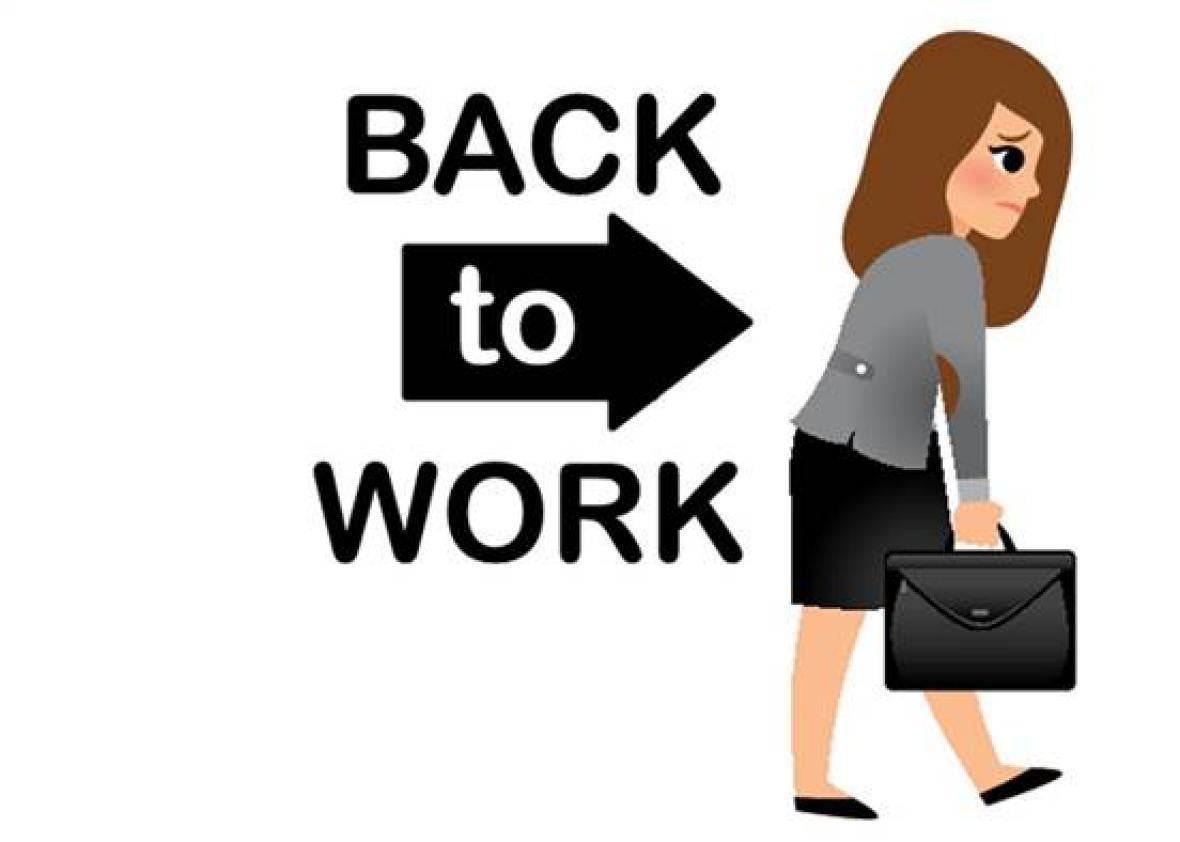Getting real is the most celebrated form of self-expression for moms today. A number of celebrities, including Hilary Duff, Chrissy Teigen and Ivanka Trump, have all been praised for getting real. As have mom bloggers, many of whom who have been rewarded with tens of thousands of clicks and media coverage for all their realness. Real, by the way, is not a fluid, subjective, or individualized construct in this context, but a highly specific condition: One must acknowledge the messy, exhausting, and often maddening challenges of pregnancy and early parenthood, while simultaneously pointing out how much you love it anyway.
The new motherhood emojis from EmojiMom have emerged within this real paradigm. They were created by a group of moms who, after having kids, realized that there were “not nearly enough emoji to express what was REALLY happening in our lives as new moms.” And, right on cue, the app is being celebrated for how it “perfectly sums up what motherhood is really like,” and “[upping] the realness factor of your emoji game.”
The new emojis are clever and go well beyond Unicode’s limited glyph selection for pregnancy and early parenthood: one happy baby, one happy pregnant woman, a baby bottle, and genteel family portraits. Emojimom introduces glyphs of a woman in labor, a woman in love, a woman pumping, a woman with spit-up all over her shirt, and a woman hunched over next to the words “Back to Work.” (There isn’t, however, one of a mother skipping back to work with joy, which is what I and many women I know did when time came for our “workcations.”) There are also a number of baby action glyphs, including a baby with a soiled diaper, a baby crawling out of his crib, a baby in the bath, babies playing, and babies absolutely losing their shit. There are only a handful of dads among the emojis, including a few glyphs featuring dads taking care of the baby and one of a dad absolutely losing his shit.
Emojimom, like so much of the “getting real” talk, is a corrective to a culture that long ignored the realities of early motherhood. There’s a political value to this conversation: American women are still not adequately supported during pregnancy or early parenthood. The more women discuss their struggles and needs during this period and come to see them as ordinary, the more they will pressure their workplaces and, ultimately, their government to accommodate them. There’s also a psychological value in such real talk. Pregnancy and the postpartum period are incredibly trying on a person, and true catharsis can be found in the simple act of bitching about it to a friend without fear of being thought of as inadequate or a freak.
Still, after half a decade or so of motherhood real talk I’m starting to feel some real fatigue. I’m worried that this conversation is heading into the territory of overcorrection, and what was once an attempt to expand the way we talk about about motherhood now limits it. The more we associate “real” with the less savory aspects of motherhood, the more we reinforce the association between motherhood and sacrifice. To be fair, Emojimom has a decent selection of chill mom glyphs, but they are outnumbered by overwhelmed and unhappy ones.
I’m glad there are women talking about how hard it is, but I’d like to hear more voices explaining the parts of it they didn’t find hard and to see those feelings and stories being framed as “real” as well. Maybe labor wasn’t that bad because she took an epidural. Maybe breastfeeding wasn’t that bad because she supplemented with formula so her partner could do a night feeding. Maybe going back to work wasn’t that bad because she likes her work and decided to stop breastfeeding so she didn’t have to pump. Maybe her husband or partner does their share and remembers when it’s the family’s turn to bring snacks to pre-school.
These are all reasonable and admirable mom narratives, ones that might help some maxed-out moms exhale. Unfortunately, they rarely qualify in the current stress-fetishizing conception of “real.”
